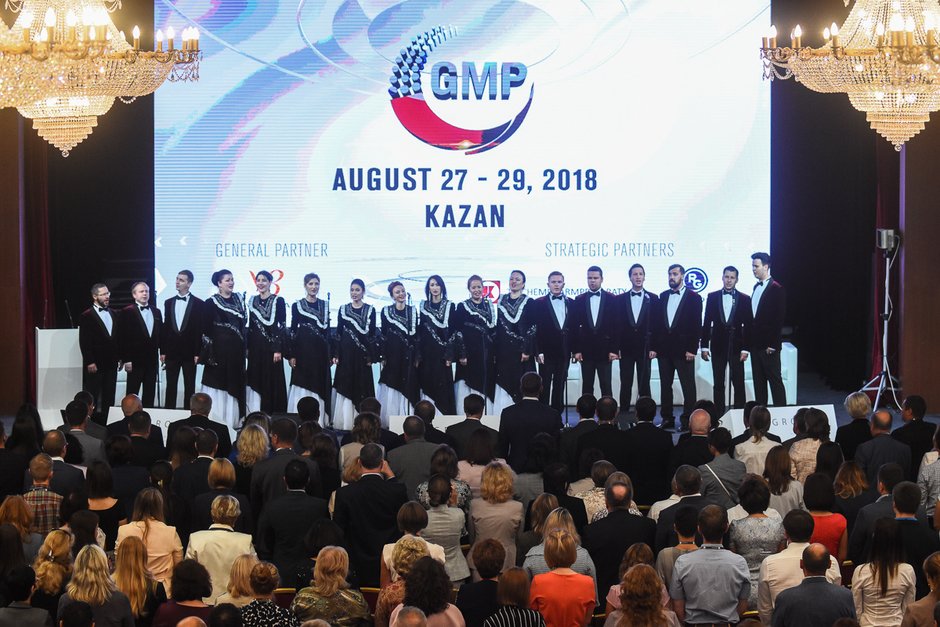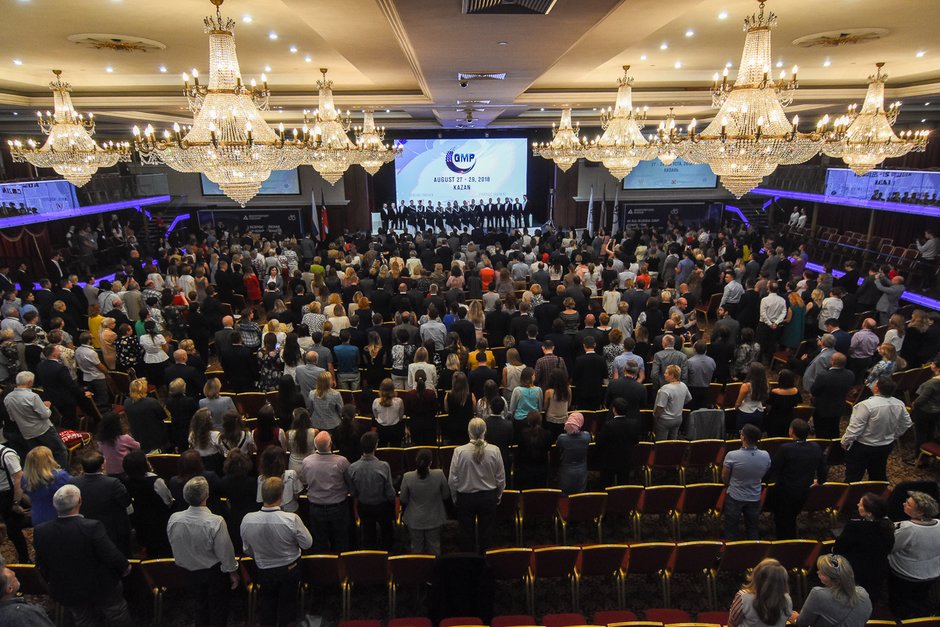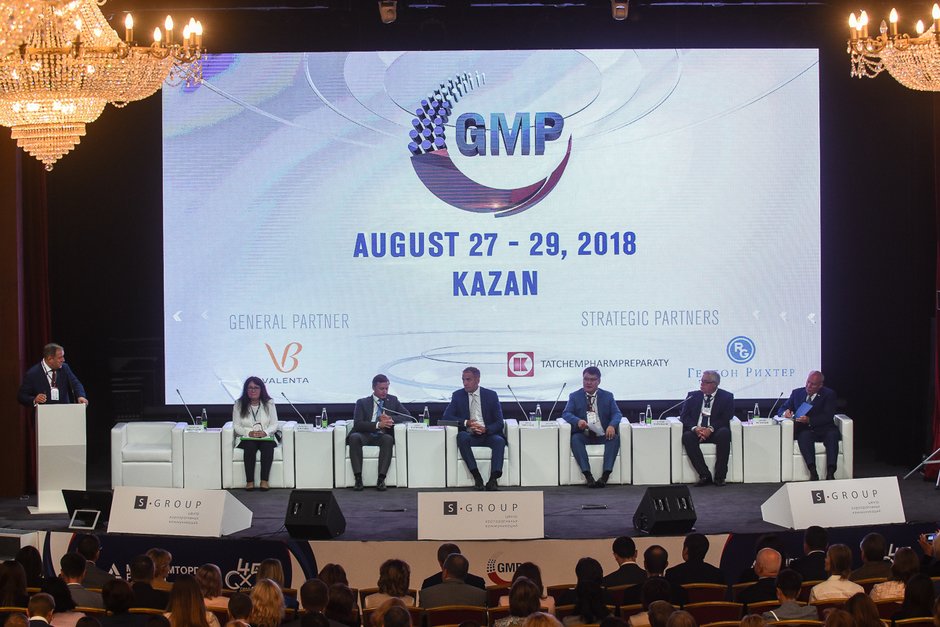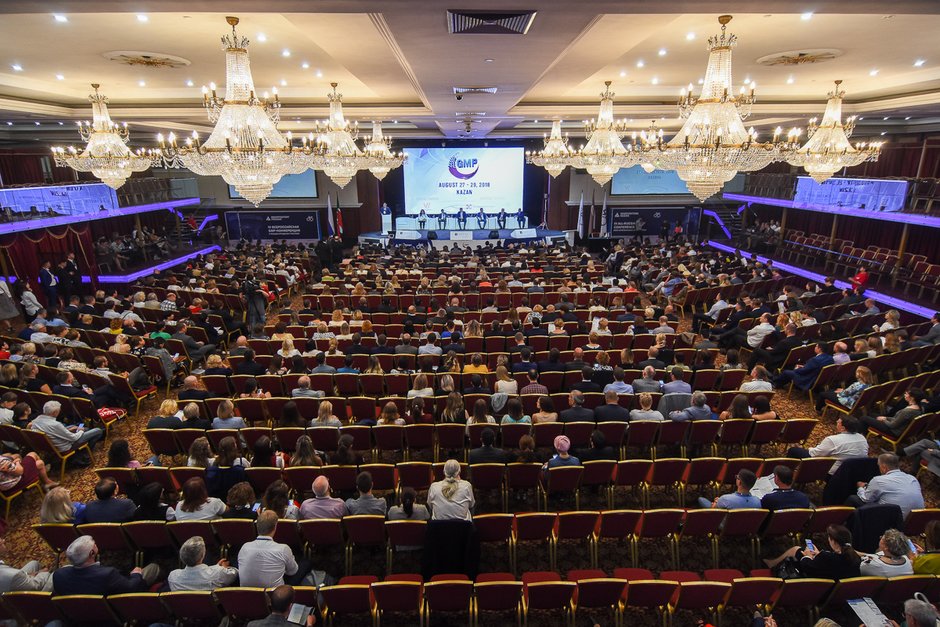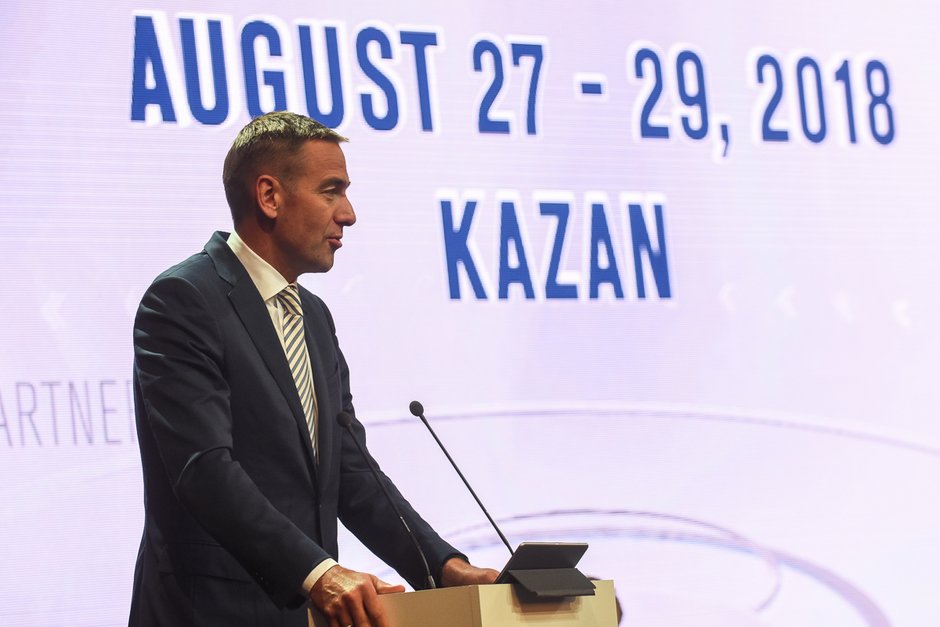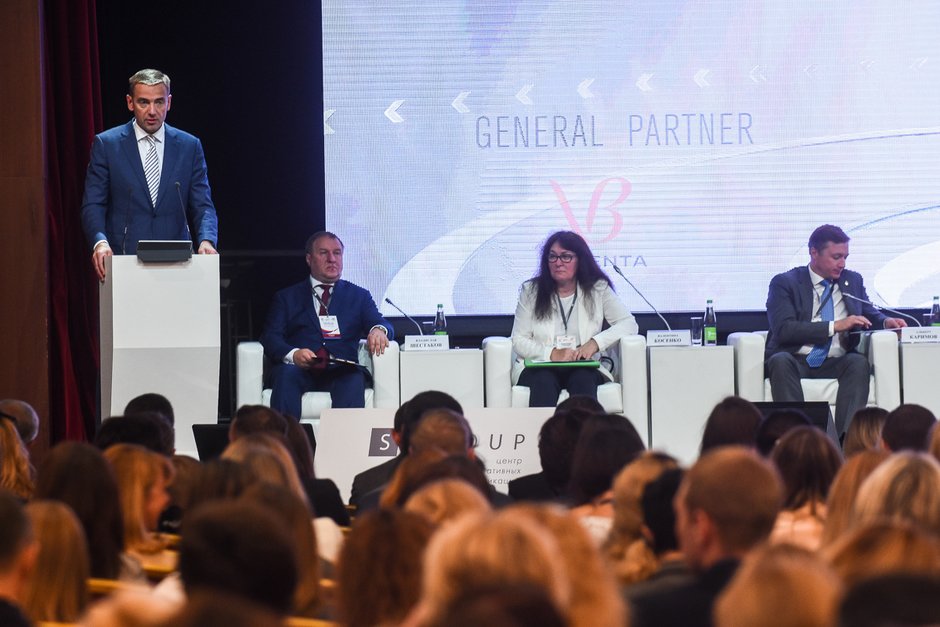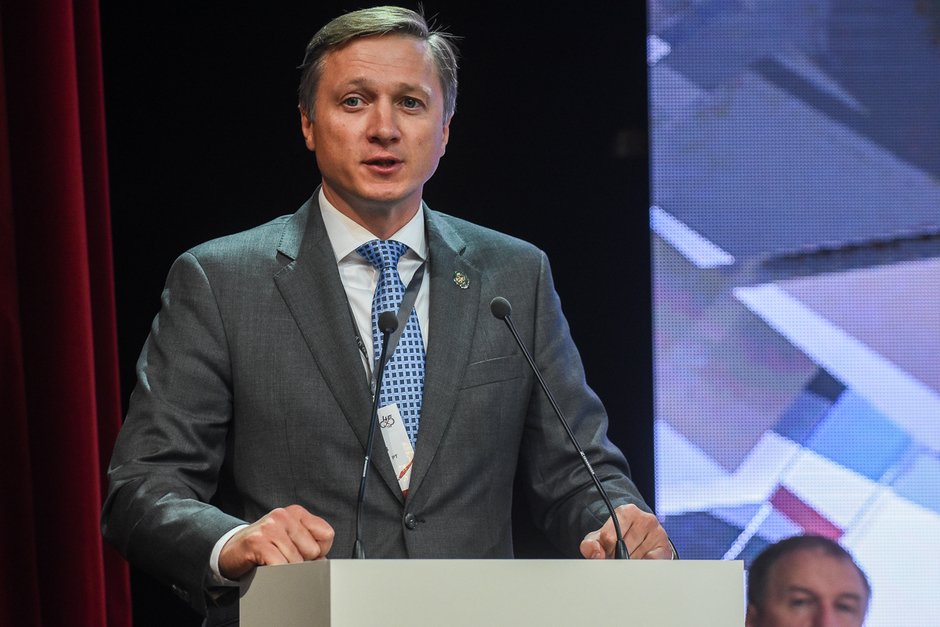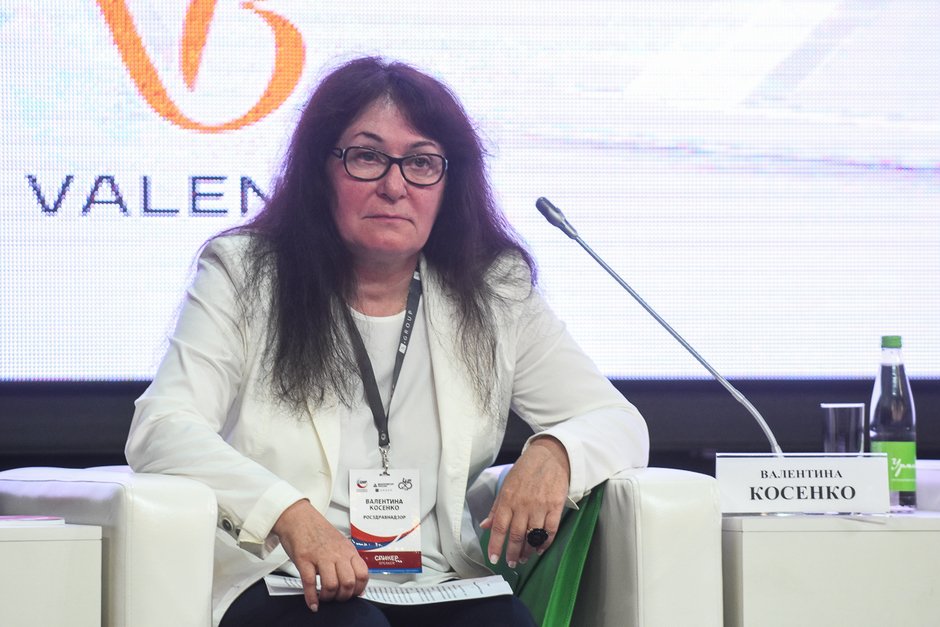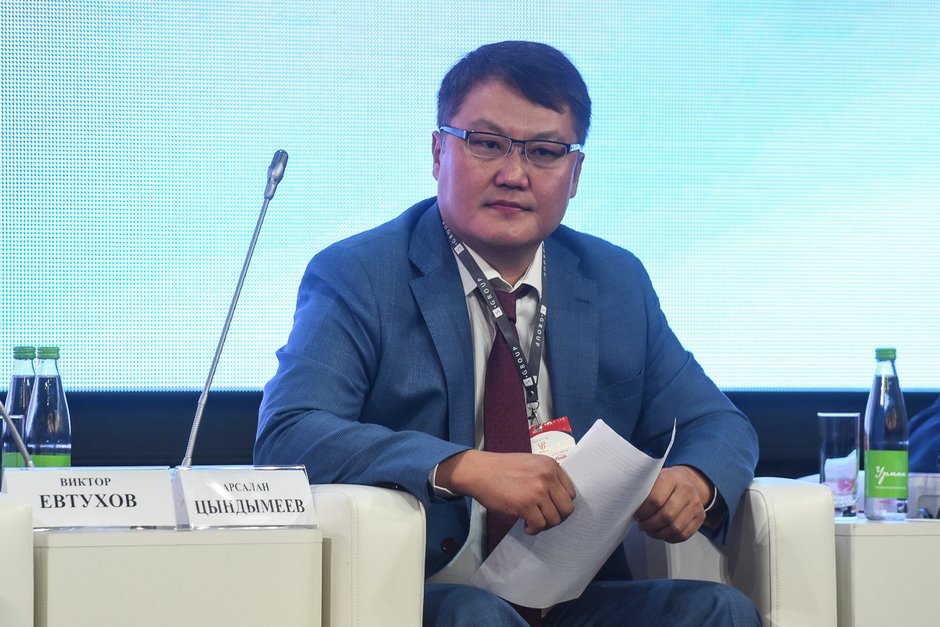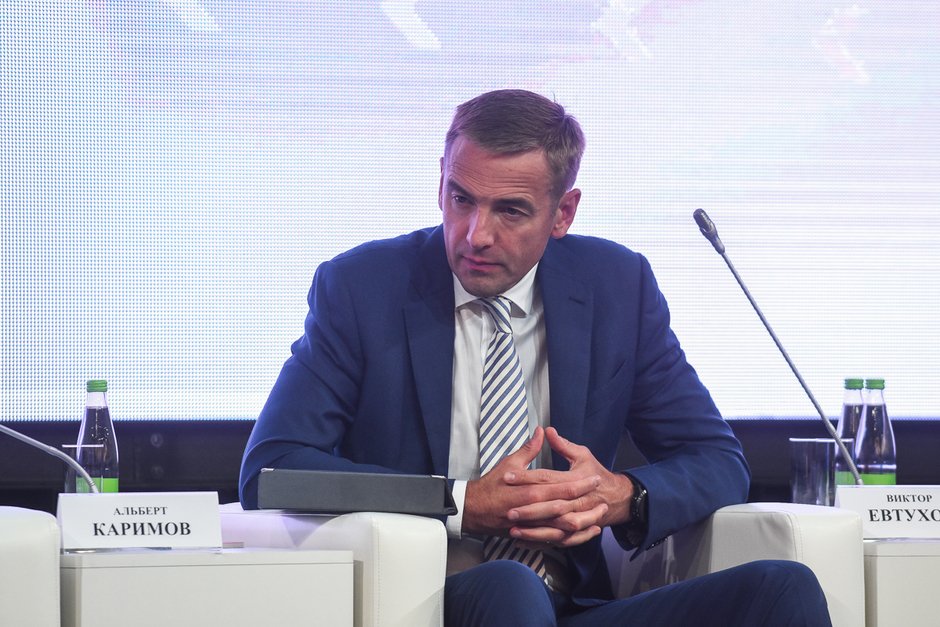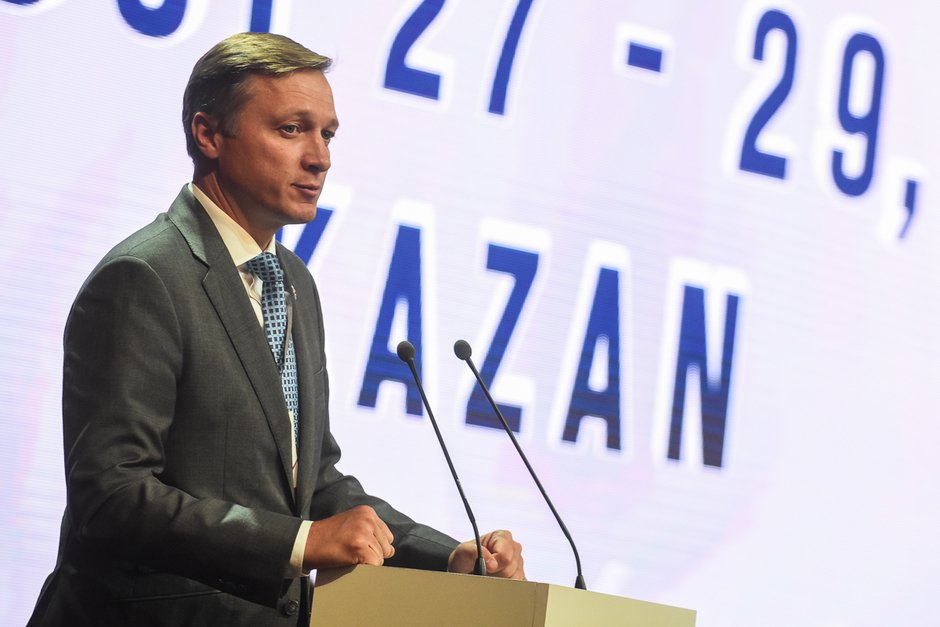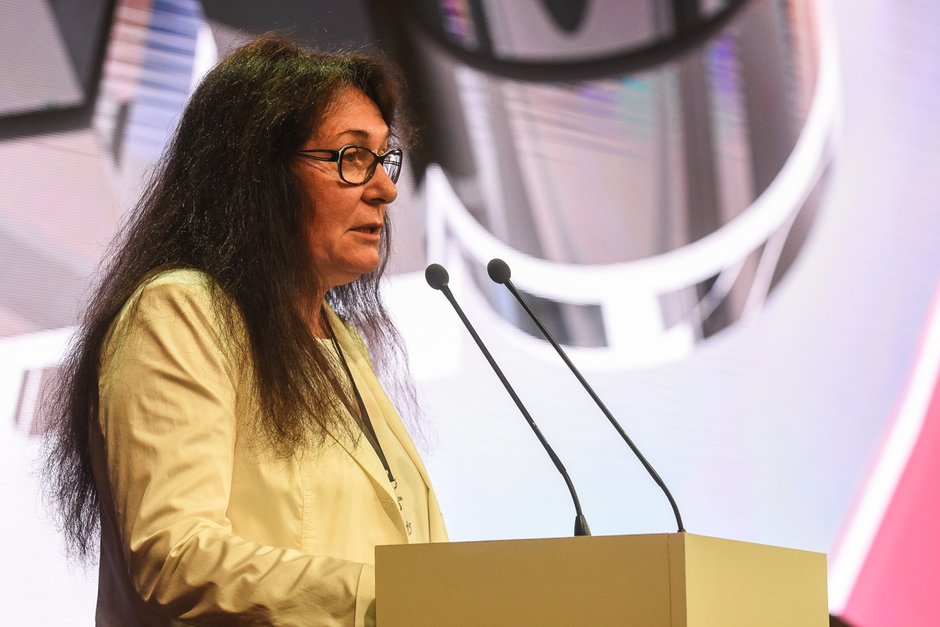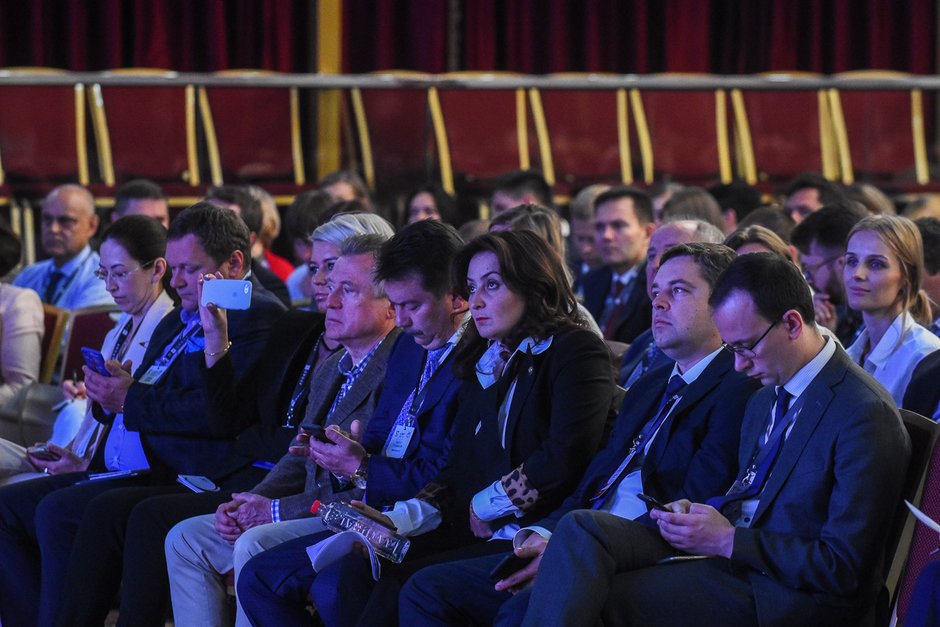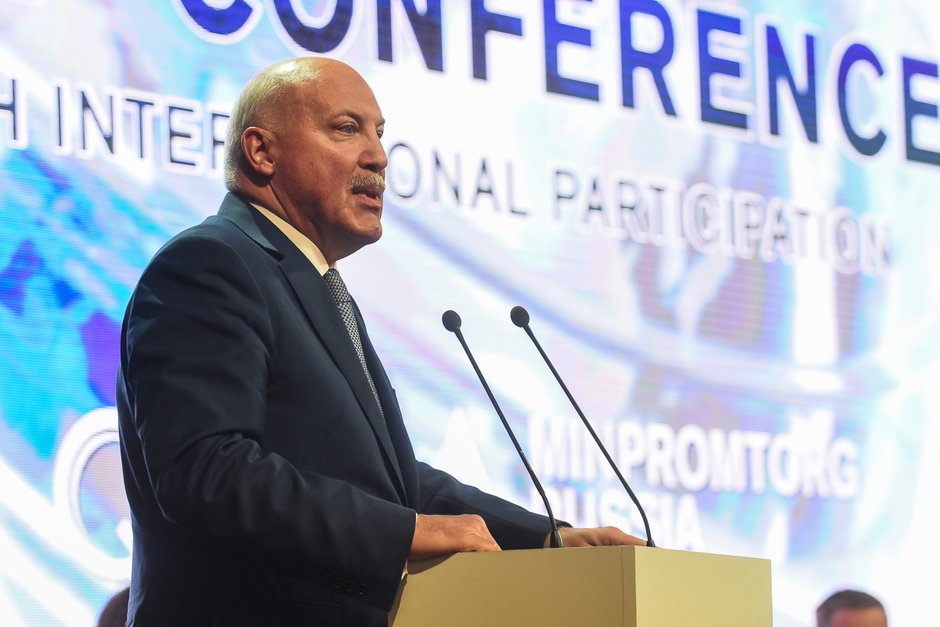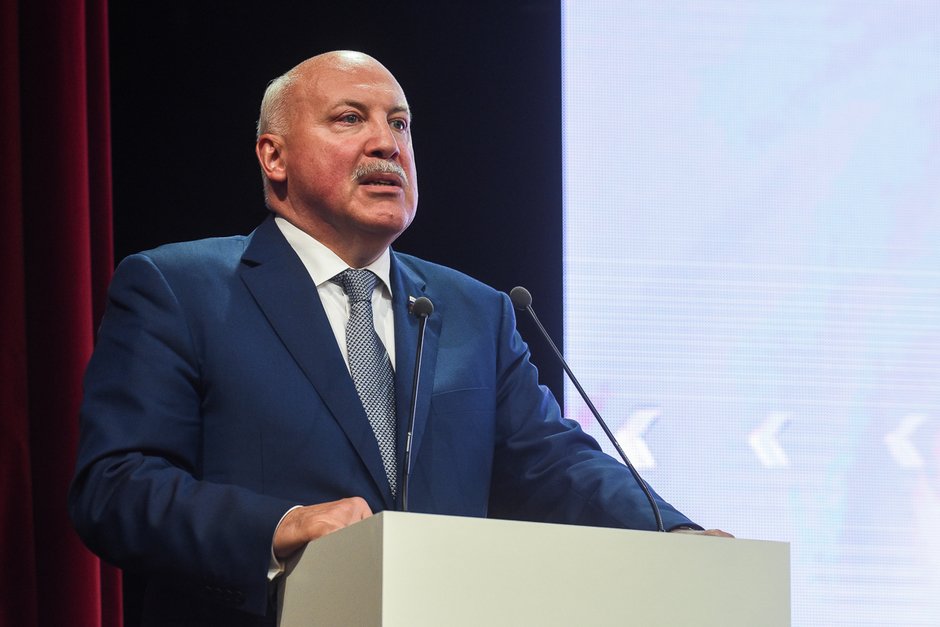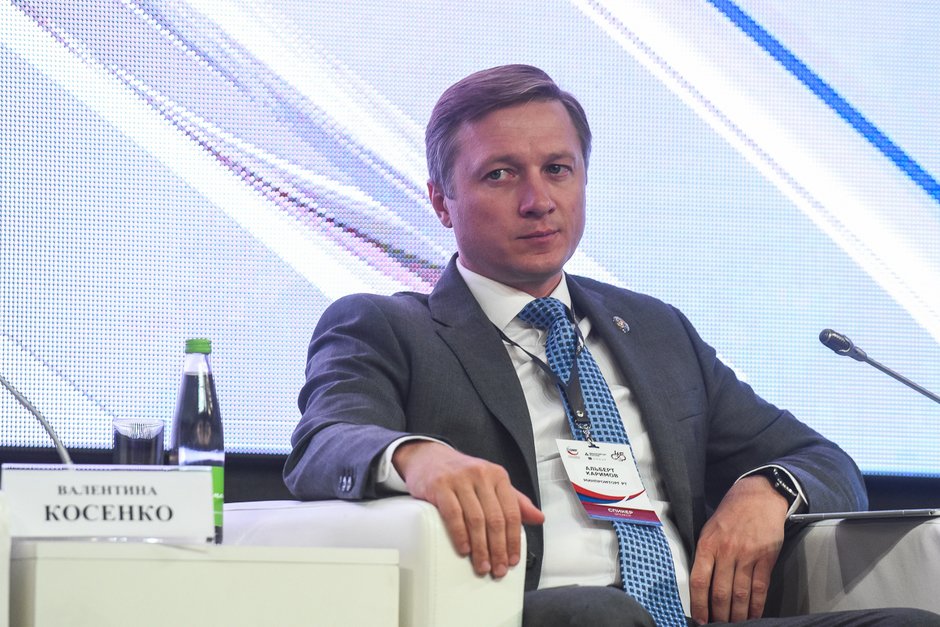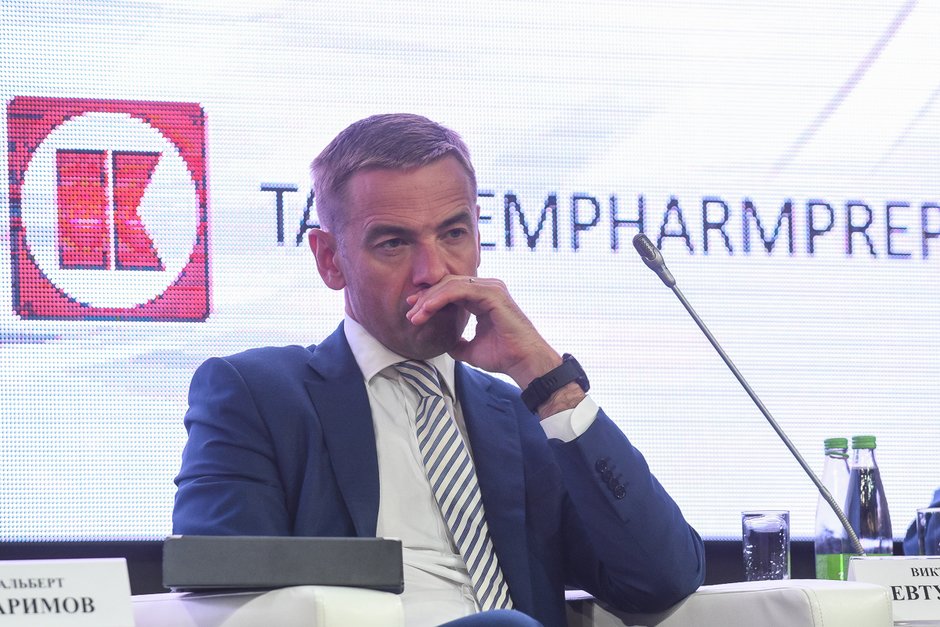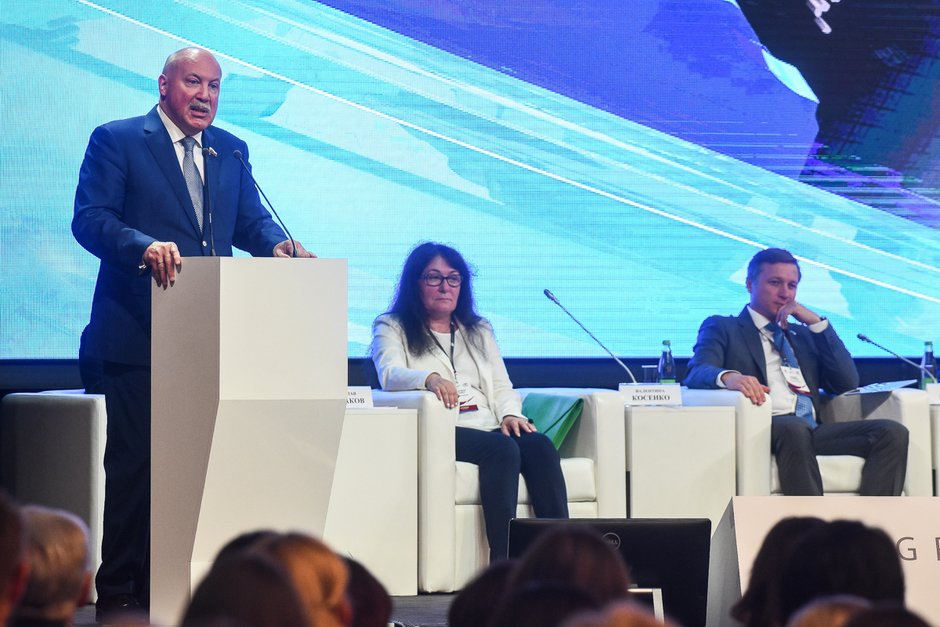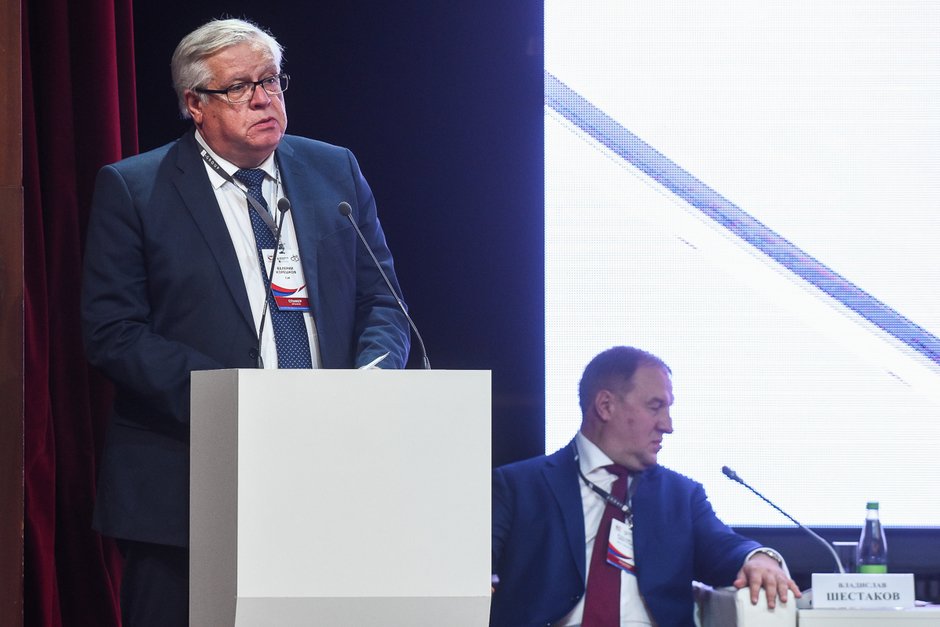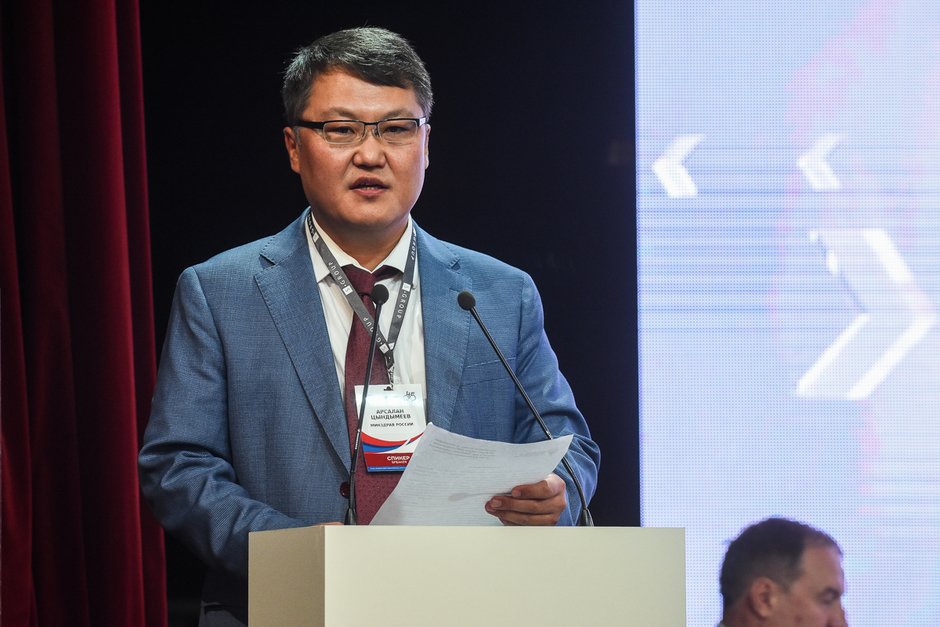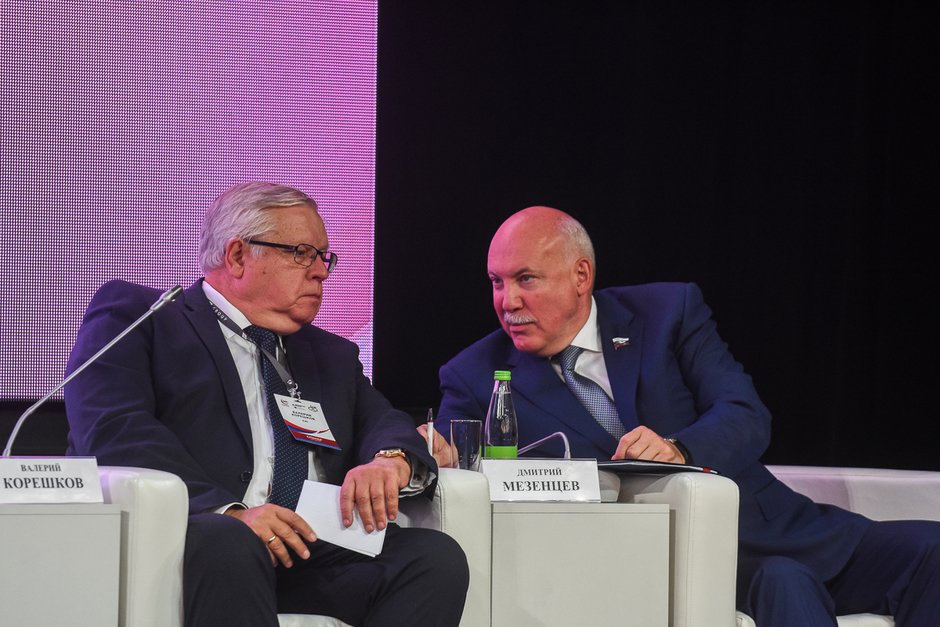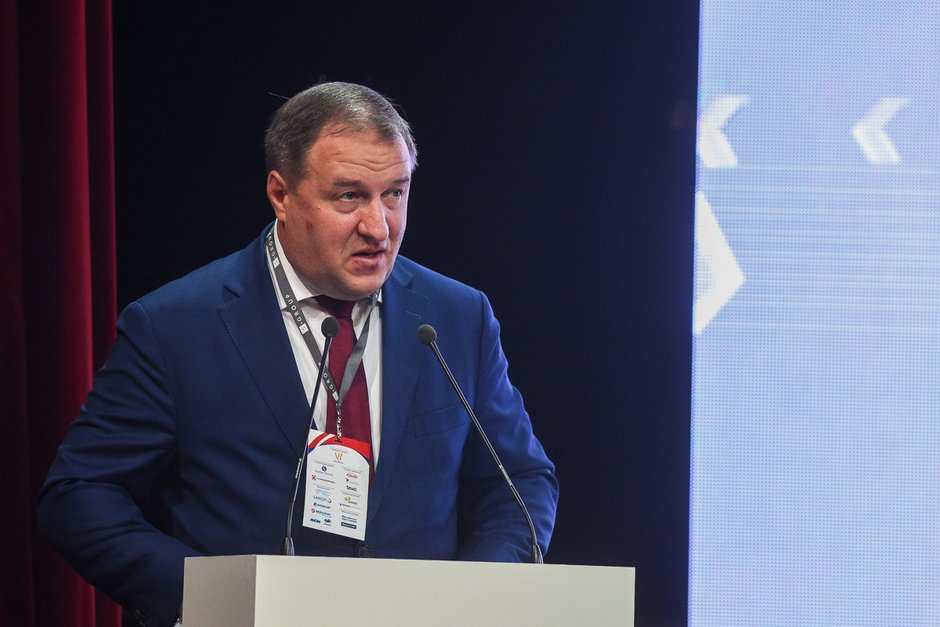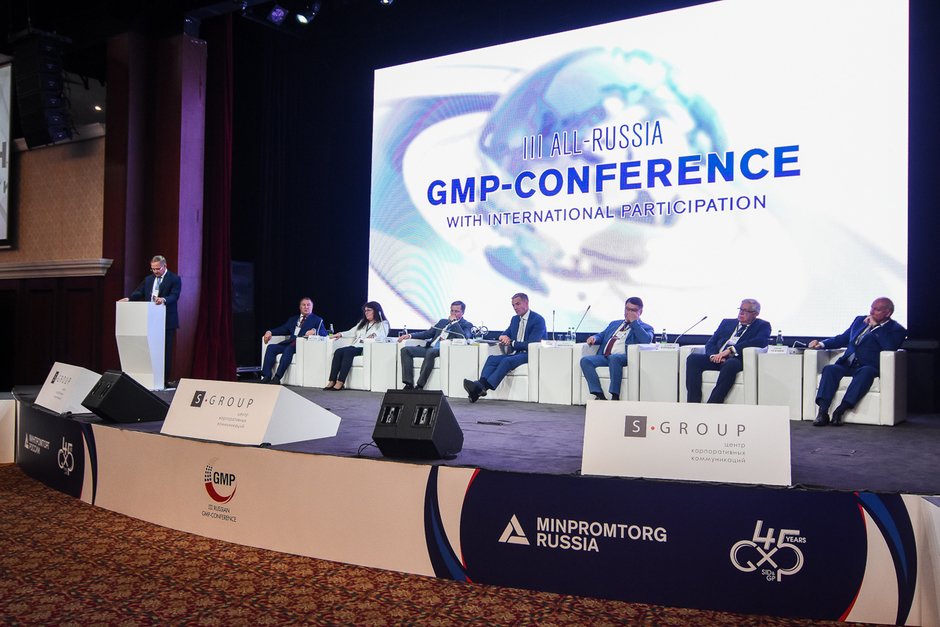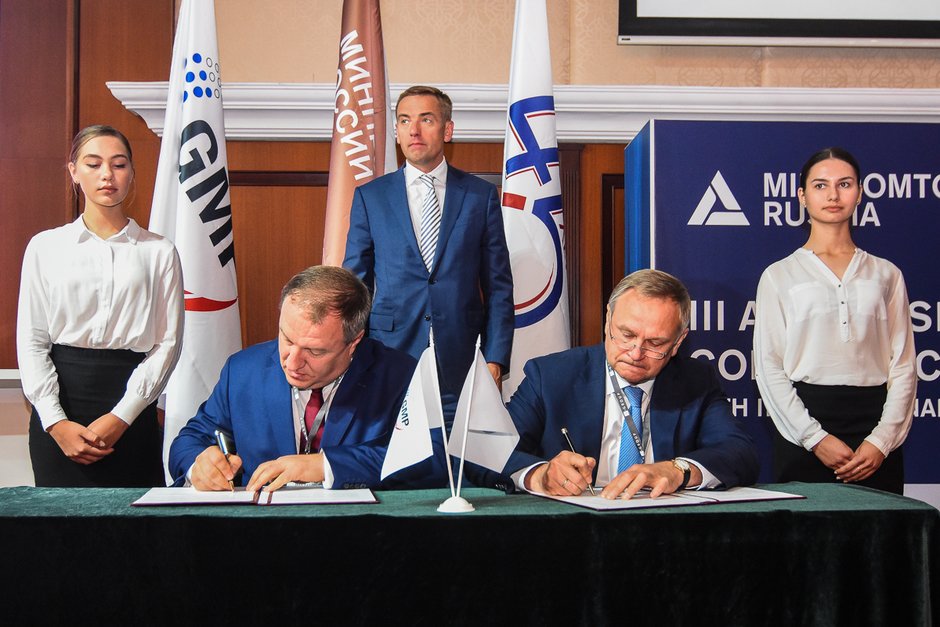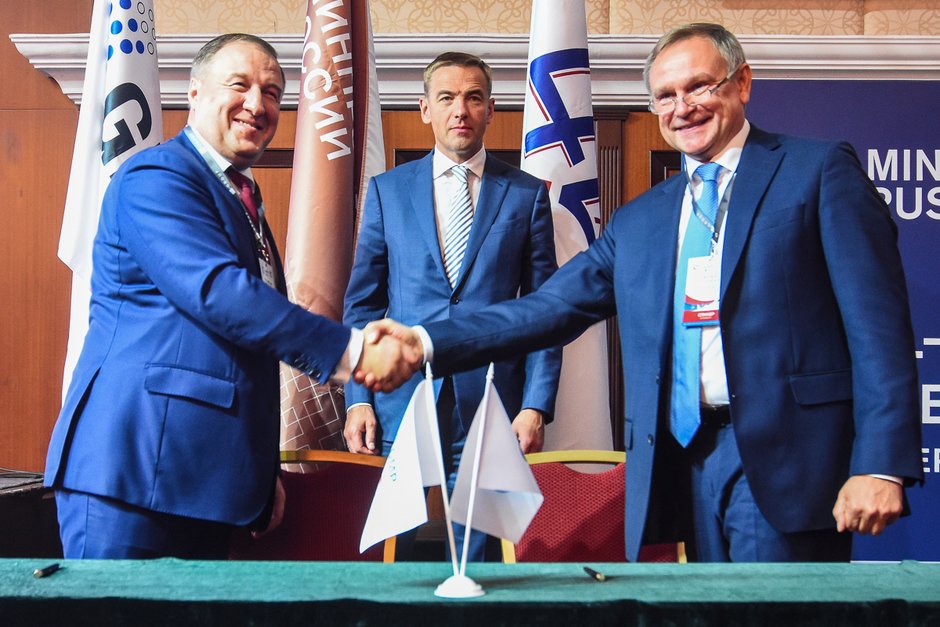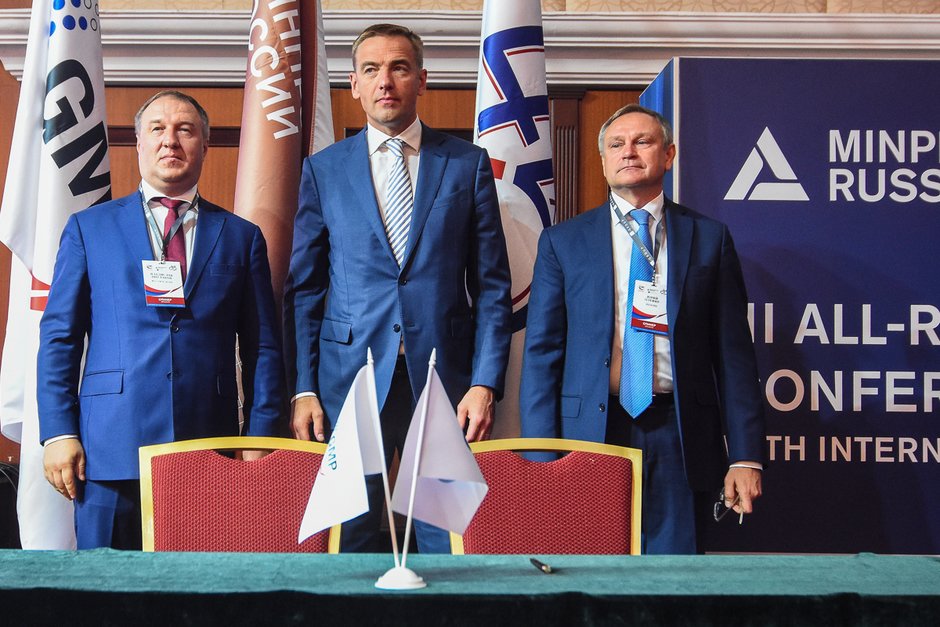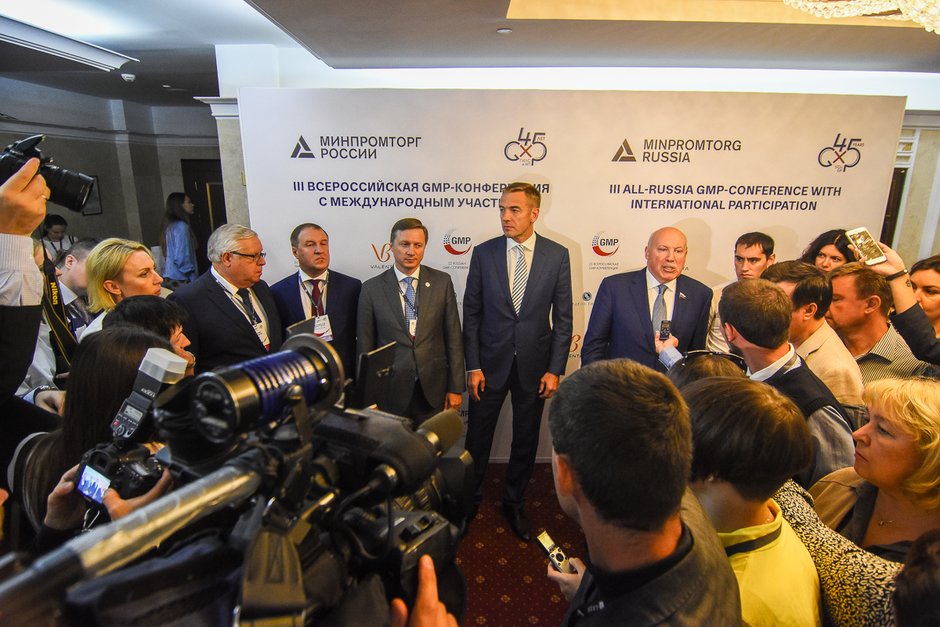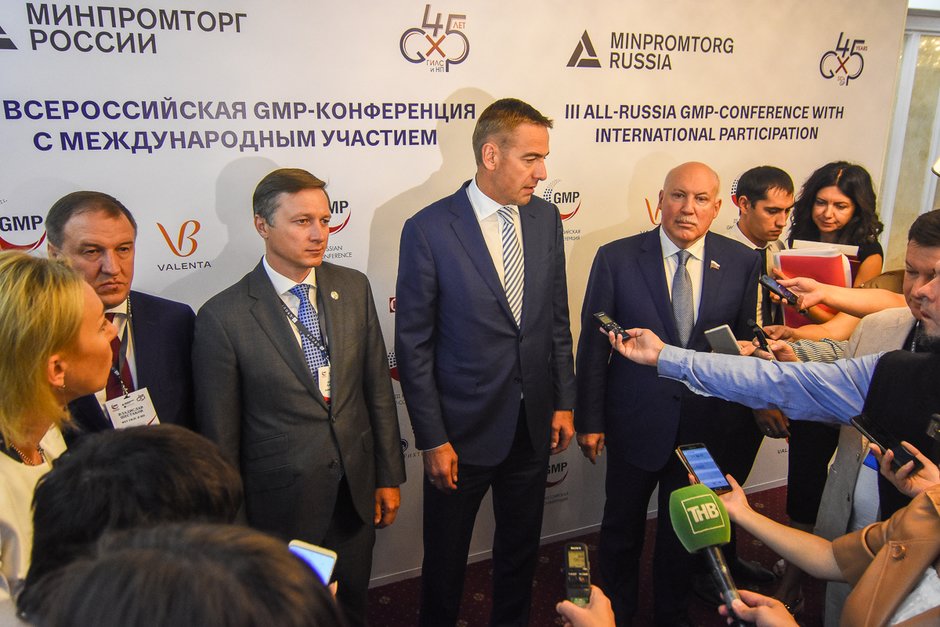''We want to create a Skolkovo here'': will Tatarstan be a leader in import substitution of medicines by 2022?
The Russian pharmaceutical market is assessed at 1,7 trillion rubles with up to 25% growth prospects in the next 10 years
Tatarstan intends to join the division of the Russian pharmaceutical market that's equal to 1,7 trillion rubles, which needs the wider production of drug substance starting material and ready medicines after imposing anti-Russian sanctions. Minister of Industry and Trade of the Republic of Tatarstan Albert Karimov claimed this at the 3 rd all-Russian GMP conference with international guests where the project 'Russian Pharmaceutical Industry Development Strategy until 2030' was presented to authoritative experts. As Realnoe Vremya's correspondent found out, at this life-changing moment, the republic attempts to create a pharmaceutical cluster like Skolkovo to stimulate Indian pharmaceutical companies to localise medicinal substances and give Chinese medicine the green light for sufferers from all over the world.
First 'reading' of the project of Farma-2030 programme without its author
The 3 rd all-Russian GMP conference, which was designed as the first expert platform to test the new project 'Russian Pharmaceutical Industry Development Strategy until 2030' prepared by the Russian Ministry of Industry and Trade opened in Kazan on 27 August. According to it, the main development vector is shifting towards deeper localisation of production of substances and full cycle pharmaceuticals. Financial parameters of the programme weren't named, but it was already clear import substitution of medicines would be supported amid the growth in currency rates by their localisation in the country. Russian legislation is already designed to stimulate the localisation of production of medicinal substances in Russia today (including the protective decree of the government that's known as 'Odd Man Out' when a foreign company can't win an auction for a government contract with two Russian producers).
Federal power was represented by authors of the programme – Deputy Ministry of Industry and Trade of Russia Viktor Yevtukhov, who, however, was substituting author and First Deputy Minister Sergey Tsyb, and director of the Pharmaceutical and Medicinal Industry Development Department of the same ministry Aleksey Alyokhin. Chairman of the Federation Council's Committee for Economic Policy Dmitry Mezentsev provided legal support. Deputy Director of the Federal Service for Surveillance in Healthcare Valentina Kosenko also visited the open dialogue with the international business community of drug producers. As a moderator of the conference, Executive Director of the Association of International Pharmaceutic Manufacturers Vladimir Shipkov said, the interest of pharmaceutical companies in the conference was so high that ''the registration stopped after the thousandth participant.'' ''Our road is one – GMP is invincible,'' he pronounced the slogan of the conference off the top of his head (maybe, not) and gave Moscow guests the floor.
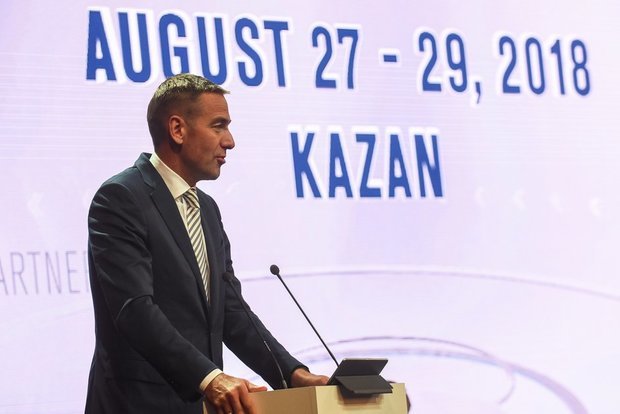
Having heard about the number of participants. Viktor Yevtukhov got a bit embarrassed and apologised because he had come, not Sergey Tsyb who's responsible for the sector who probably was very expected. ''He's been recently appointed the first deputy minister. This is why he's gone on a holiday. It turned out he had only two weeks. This is why he asked me to substitute him here,'' Yevtukhov justified himself in front of the pharmaceutical companies where it was impossible not to notice Indian guests.
Russian inspectors checked 1,100 pharmaceutical enterprises all over the world
''The conference is also dedicated to problems of compliance and introduction of new GMP standards, without which it's impossible to enter new markets and develop export potential,'' Yevtukhov claimed in his welcome speech.
According to his, the issue of mutual recognition of quality systems and the integration of Eurasian Economic Union countries to the international system is of great interest. The deputy minister announced results of examinations carried out by Russian inspectors to check the quality of pharmaceutical companies operating in the country and abroad but supplying medicines to Russia. According to Yevtukhov, over 250 Russian enterprises got the confirmation of compliance with requirements of international standards. ''Speaking of the geography of foreign inspection visits, 400 manufacturers have been inspected during the year, more than 220 confirmations of compliance with requirements and due production practice have been obtained. In general, Russian inspectors have carried out 1,100 inspections of foreign manufacturers in different parts of the world,'' he said.
Drug sales to grow
Dmitry Mezentsev, in turn, admitted he liked the offer of his Tatarstan colleagues about the refinement of national legislation in the regulation of medicinal substances and simplification of the entrance of new medicinal substances to the Russian market. He said the Russian pharmaceutical market was very attractive and assessed at 1,7 trillion rubles. ''Experts evaluated its growth at 10-25% in the next 10 years, though this can be questioned,'' Mezentsev added. At the same time, he reminded the work should consider the patient's interests.
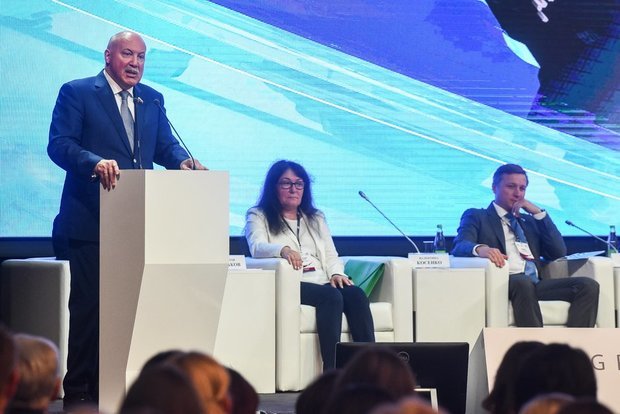
''A huge job has been done in the last 5-8 years to improve GMP requirements for manufacturers,'' stated Russian Health Minister's aide Arsalan Tsyndymeyev. ''Everyone notices changes in Russian enterprises.'' According to him, registration systems have been launched, amendments to Russian legislation have been made, the format of dossier for medicines has been created, which allows enterprises to be competitive in foreign markets.
Minister of Industry and Trade of Tatarstan Albert Karimov reported on the state of Tatarstan pharmaceutical enterprises. According to him, Tatchempharmpreparaty, which has been present in the market for over 55 years, has new investment projects. And another old chemical enterprise of Russia – the Karpov factory, which manufactures substances, – has celebrated its 150-year anniversary this August. The factory of important substituting medicines, Nanopharma Development, has been recently launched. A new factory of Tatchempharmpreparaty's subsidiary in Zelenodolsk District is built.
During the break, Viktor Yevtukhov told the journalists that no Russian strategy has 100% import substitution, it won't work for medicines either. ''A part of the offers we received, and their number is big, I'm sure will be considered. I think there will be a discussion in several places with experts, entrepreneurs, representatives of the sector. After this, the offers will be introduced to the government,'' he said. It's expected the programme will be introduced to the government in 1-1,5 months.
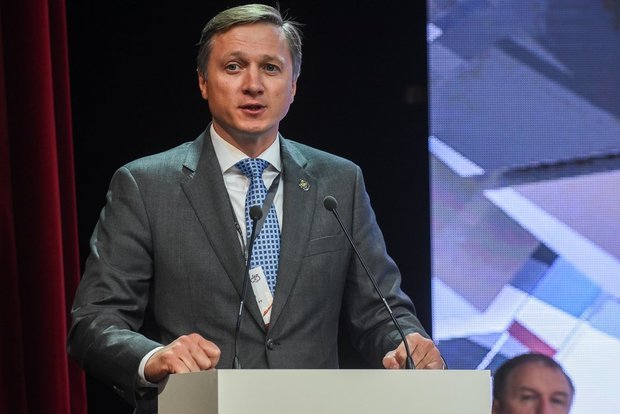
Tatarstan opens window to pharmaceutical market
As Realnoe Vremya found out, a special legal regime for the international pharmaceutical medical cluster's operation can be created in Tatarstan. It's supposed to localise factories making foreign drugs as well as medical clinics from SCO and BRICS countries. Director General of FarmMedPolis project office Albert Gaifullin told about it. FarmMedPolis PLC is an operator that attracts and localises residents in the pharmaceutical industry, production of medical goods and medical services in Tatarstan. According to Gaifullin, it's planned to launch four new factories by 2020 within the project to substitute foreign pharmaceuticals and open Chinese and Japanese medical centres in Kazan.
''We want to create a Skolkovo in the republic,'' the company's director claimed. ''The goal is to create a special legal regime of the cluster managed by FarmMedPolis, which will enable to use drug production technologies, which are recognised around the world but aren't in Russia, and use the same technologies that aren't registered in Russia but are already widely spread in the world. For this purpose, it's necessary to adopt a separate law at the federal level or make amendments to the core law No. 160 that regulates the operation of the international medical cluster, which is located in Skolkovo. A focus group consisting of interested ministries, departments, experts and companies to exclude deficiencies in the future. It's planned to get a result by 2019.''
Еру сreation of the industrial pharmaceutical cluster is one of the areas of work of FarmMedPolis. Such clusters are supervised by the Russian Ministry of Industry and Trade within the state programme on support of industrial clusters. It allows to subsidise up to 50% of technological costs within cluster projects. This stimulates enterprises to industrially cooperate in the creation of innovative goods and R&D centres (these costs are subsidised). We've already offered this initiative, and it's been supported by a core enterprise – Tatchempharmpreparaty PJSC. Foreign pharmaceutical companies also can joint this cluster in the future. The most probable time of creation of the cluster is 2019.
According to Gaifullin, to accelerate the launch of foreign factories, the project group is working to speed up the system of a drug's registration, which takes much time. ''At this moment, we're establishing an innovative enterprise together with Kazan Federal University to do clinical and pre-clinical tests,'' he said and added that a consulting and community centre was created at FarmMedPolis.
